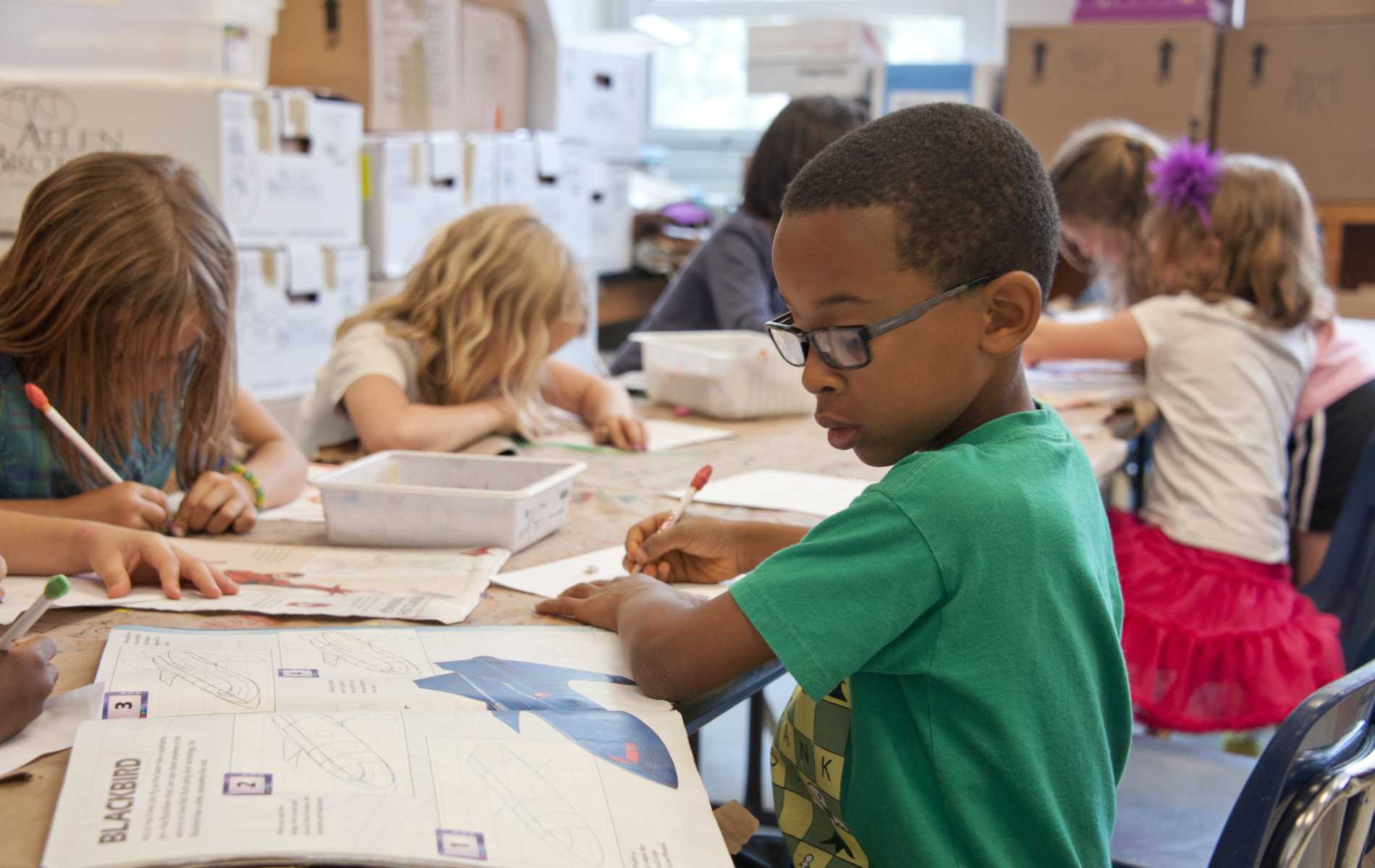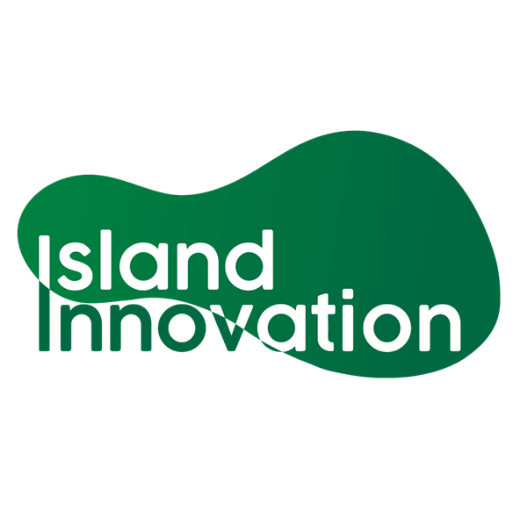Shining a spotlight on the education practices of global islands has been a trademark of the Edge Foundation’s sessions at the Virtual Island Summit for three years running. Innovation on islands is often discussed from the perspective of energy and governance, but as this session highlighted, islands are also leading educational hubs opening pathways to improve schooling at a global scale. In this year’s session moderated by Edge Foundation Executive Director Olly Newton, expert speakers delved into the effects of the pandemic on island schools, restructuring curriculums, improving understanding of child poverty in remote areas, and how to build on current education measures to meet more ambitious learning goals.
The panel featured the Edge Foundation’s Senior Researchers, Dr Dana Dabbous and Katherine Emms, as well as Dr. Lynne Rogers, an Education Researcher from University College London, Jane Atterton, Rural Policy Researcher at Scotland’s Rural College, Coinneach Morrison, Islands Recovery and Policy Manager from the Scottish Government Islands Team, and Angel Caglin, Curriculum Officer and Coordinator from the Saint Lucia Education Innovation Lab.
Impact of COVID-19 on Online Learning
The pandemic shifted society online. For schools within island and rural communities this had a profound effect on how education is delivered. Research undertaken by the Edge Foundation’s Dr Dana Dabbous and Katherine Emms highlights that online learning has presented communities among the British Isles with a series of challenges – and opportunities. Compared to the mainland, island schools were a lot quicker to deliver laptops and related technical support to staff and students. These schools were more responsive and flexible, making the transition to digital learning easier.
A series of online tools helped teachers and students maintain theoretical learning, but practical opportunities were far more difficult to replicate, especially within vocational programmes. Overall students indicated that they were glad they were able to continue their schooling, but physical interactions and practical experiences were sorely missed. Among teachers, researchers found a lack of confidence with online tools, contrasted by the relative comfort that most students exhibited. Online teaching also had other effects on educators as Emms notes, “Student-teacher communication and relationships changed quite a bit. Staff were almost on call 24/7 to respond to students messages and emails – they took on almost a much more pastoral role.”
Online learning provided schools within these island communities to take stock of their operations, especially following the return to in-person or hybrid working conditions. “[Schools] thought that they needed to keep some aspects of their delivery online,” continues Emms, who points out that different institutions identified different opportunities, “But they all thought a lot more administrative things and theoretical aspects of courses could be [delivered online]. It allowed staff and students to be a lot more flexible. This also allowed them to think about the fiscal spaces within the college as well, and what blended learning features would mean for the college space.” Emerging from this research was the understanding that the pandemic was helping schools to rethink their education platform and use of physical spaces, as well as allowing them to prepare for similar emergency situations.
Adapting Approaches to Education
As institutions reconsider how to better use digital tools, conversations have also emerged surrounding the curriculums themselves. “There are concerns that some of the qualifications were outdated, and that young people themselves didn’t feel particularly well prepared for their next steps, and they wanted as a college whether they were, you know, preparing students for future careers as best as they could be,” explains Dr. Lynne Rogers. The need to properly prepare students for post-school life should be a core consideration within global education. However, while changing a curriculum can help with addressing overall educational themes, there are other considerations to take under consideration. As both Dr Rogers and Angel Caglin highlight, this means rethinking curricula, but also how it is presented.
“There are few levels of research that are happening,” says Caglin, “At the teacher level we are examining: when teachers are given the space to initiate innovations, what are some of the areas that they choose to look at?” This flows into Dr Rogers research, which identified that students also wanted more tutoring and mentoring to be available, “Education and guidance are much more impactful particularly when they’re linked with the curriculum,” she notes. Empowering educators and students in addition to providing a modern curriculum could go a long way in improving the quality of education and better preparing students for their future careers.
Better Understanding Students
Additionally, there are other ways to ensure that students within island communities are able to maximize their educational potential – better understanding their students’ backgrounds, and at a governance level, encouraging opportunities for disadvantaged students.“In Scotland we found a real issue in rural areas, and particularly in remote rural and island areas around a very big gender pay gap,” says Jane Atterton, “The other issue that’s been highlighted in in several pieces of work in Scotland is the the challenge of higher costs of living in rural and island locations.” These pressures work against students, Atterton and Coinneach Morrison explain, and for those in low-income areas with low digital literacy or poor access to internet services, this puts them at a further disadvantage.
The issues in low-income areas are multi-faceted and necessitate input at a governance and policy level. A key solution in identifying workable solutions that benefit students in this situation is added communications, says Atterton, “A specific recommendation is to set up a network and a working group of stakeholders and to really emphasize the importance of sharing knowledge and best practice between the local leads across Scotland. This recognition of the realities of life on islands is really important, but in particular challenges, but also particular opportunities.”
Island communities are diverse, as are the challenges and opportunities they face, yet there are common threads that link each of them together, which can be woven to build innovative workable solutions. As the Edge Foundation’s panel highlights, communication and knowledge-sharing are key to creating positive opportunities.
A full replay of the session can be viewed at:




